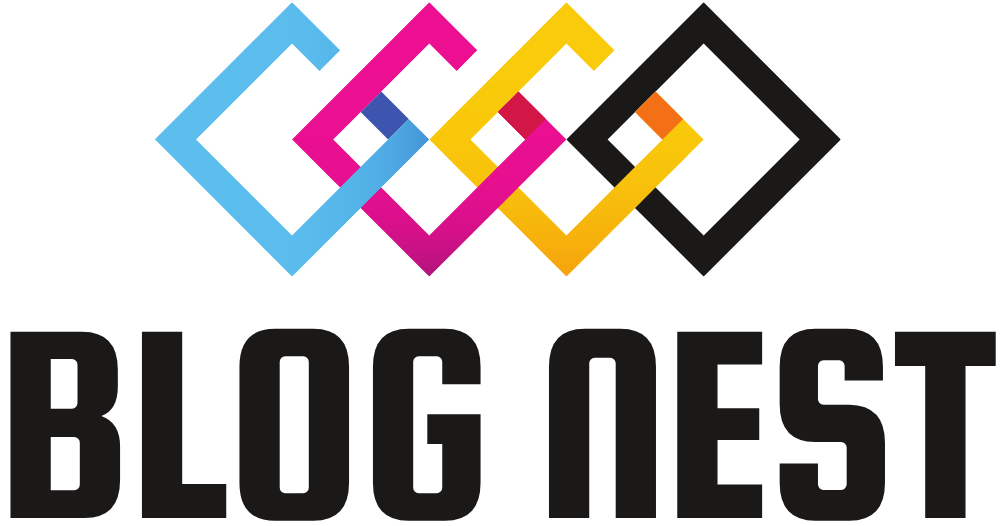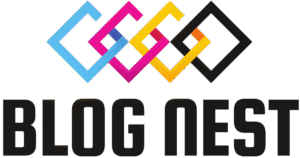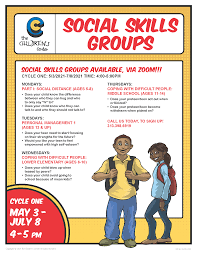Good social skills are the foundation for strong relationships, academic success, and emotional well-being. But for many children, connecting with others doesn’t come easily. Whether they struggle with communication, confidence, or reading social cues, Social Skills Groups can offer the support and practice they need to thrive.
In this blog, we’ll explore what social skills groups are, who they’re for, and how they can make a big difference in a child’s life.
What Are Social Skills Groups?
Social skills groups are small, therapist-led sessions that help children and teens learn how to interact more effectively with others. These groups provide a safe, structured environment where kids can practice communication, cooperation, and emotional regulation through activities, games, and role-playing.
Each group is typically tailored to a specific age range and developmental level to ensure children feel comfortable and supported.
What Skills Do Children Learn?
Social skills groups focus on everyday interaction skills that are essential for building friendships and navigating group settings. Some common areas of focus include:
-
Greeting others and making conversation
-
Listening and taking turns
-
Understanding body language and facial expressions
-
Sharing and cooperating
-
Managing frustration and resolving conflicts
-
Building self-confidence and empathy
These skills are taught through fun, hands-on methods so that children stay engaged while learning.
Who Can Benefit from Social Skills Groups?
Social skills groups are helpful for a wide range of children, including:
-
Children with Autism Spectrum Disorder (ASD)
-
Kids with ADHD, anxiety, or behavioral challenges
-
Children who are shy, socially withdrawn, or have low self-esteem
-
Kids with speech or language delays who struggle in group interactions
-
Children who need help adjusting to new social environments (e.g., starting school)
Even kids who are doing well socially can benefit from learning how to handle more complex social situations.
What Happens in a Session?
Each session in a social skills group typically includes:
-
Structured lessons about a specific skill (e.g., “How to join a conversation”)
-
Interactive games that require cooperation and communication
-
Role-playing scenarios to practice new behaviors
-
Group discussions to reflect on what was learned
-
Encouragement and feedback from both peers and the facilitator
Parents may also receive updates or tools to help reinforce new skills at home.
Why Are Social Skills Important?
Strong social skills help children:
-
Make and keep friends
-
Work well in group settings
-
Express themselves clearly and respectfully
-
Understand and manage their emotions
-
Navigate challenges with confidence
Kids who feel socially capable are more likely to succeed in school, build positive relationships, and feel good about themselves.
How to Find the Right Social Skills Group
If you’re interested in enrolling your child in a social skills group, here are a few tips:
-
Look for licensed therapists, counselors, or educators with experience in child development.
-
Ask about the age range, group size, and session goals.
-
Make sure the group offers structured activities, individualized attention, and parent involvement.
-
Ask for feedback opportunities and progress tracking.
Many speech therapy clinics, occupational therapy centers, and mental health professionals offer social skills groups as part of their services.
Final Thoughts
Every child deserves the chance to feel confident in social situations. Social skills groups provide the guidance, practice, and encouragement kids need to build meaningful connections and thrive in everyday life.







